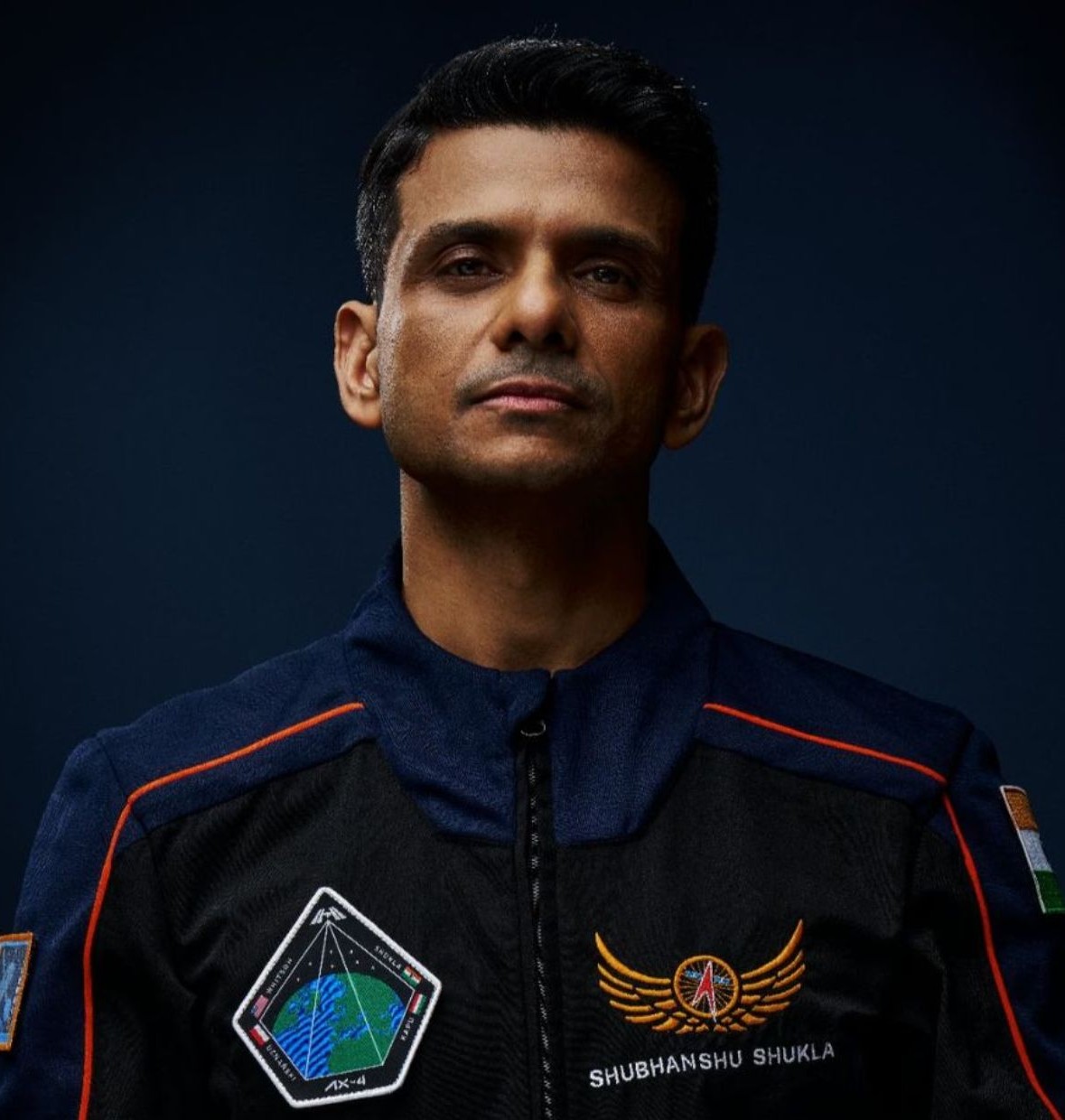
With this launch, Shukla becomes only the second Indian to travel to space and the first ever to visit NASA’s orbiting laboratory. The last time an Indian astronaut made such a journey was back in 1984, when Rakesh Sharma flew aboard a Russian Soyuz spacecraft. Now, 41 years later, India is back.
The Axiom-4 mission blasted off from NASA’s Kennedy Space Center in Florida in the early hours of Wednesday. At the helm is veteran astronaut Peggy Whitson, a spaceflight legend who has commanded the ISS twice and spent more than 675 days in orbit. She leads a four-member team that includes astronauts from Poland, Hungary, and of course, India.
Group Captain Shukla’s inclusion on this mission is a collaborative effort between NASA, ISRO, the European Space Agency, and SpaceX. The journey is being operated by Axiom Space, a private company based in Houston that is helping shape the future of commercial space travel.
Shukla, at 39 years old, is no stranger to high-stakes missions. As a decorated Indian Air Force pilot, he has logged over 2,000 flying hours across a variety of aircraft including MiGs, Sukhois, Jaguars, and Hawks. Last year, he was selected as one of four candidates to prepare for India’s first-ever human spaceflight, scheduled for 2027. His current journey is expected to provide invaluable experience as ISRO moves closer to that goal.
India has ambitious plans for the years ahead, including launching its own space station by 2035 and sending an astronaut to the Moon by 2040. To support these dreams, ISRO invested five billion rupees to secure Shukla’s seat on Axiom-4 and provide him with world-class training.
Minutes after launch, Shukla addressed the nation from orbit. His words stirred a wave of pride across the country.
“We’re back in space after 41 years and what an amazing ride it’s been,” he said. “Right now, we are orbiting Earth at 7.5 kilometers per second. On my shoulder, I carry the Indian flag. This is not just my journey to the ISS, it is the beginning of India’s journey into human spaceflight. I invite every Indian to be part of this moment.”
Back home in Lucknow, his hometown, the launch sparked massive celebrations. His parents watched the liftoff surrounded by cheering schoolchildren and a band playing music in his honor. Applause and joy filled the air as the rocket soared into the sky.
As the mission reaches the International Space Station after roughly 26 hours, Shukla will begin a packed schedule that includes scientific experiments, media interactions, and a planned conversation with Prime Minister Narendra Modi. ISRO is also arranging a special session where students in India will have the chance to interact with him live from space.
Over the next two weeks, the crew will carry out around 60 scientific experiments, seven of which are from India. These include studies on the effects of space on crop seeds, microalgae, and even tardigrades — tiny creatures known for their ability to survive in extreme conditions. Researchers hope these studies will help unlock new possibilities for life-support systems, food production in space, and medical science.
Former NASA scientist Mila Mitra says these experiments could offer important insights into biology and human health in space. One of the key goals is to understand how microgravity affects muscle loss and how computer screen use might impact cognition during long missions.
Looking back on the past year of training and preparation, Shukla recently said the journey had been transformative. He described his excitement as beyond words and said he was proud to carry not just equipment and research materials, but the hopes of a billion people.
“The best is yet to come,” he said. “I request all Indians to pray for the success of our mission.”
With Shukla’s journey now underway, India has reentered the arena of human spaceflight with purpose, pride, and a vision for the future. The stars are no longer out of reach — they are the next step.
